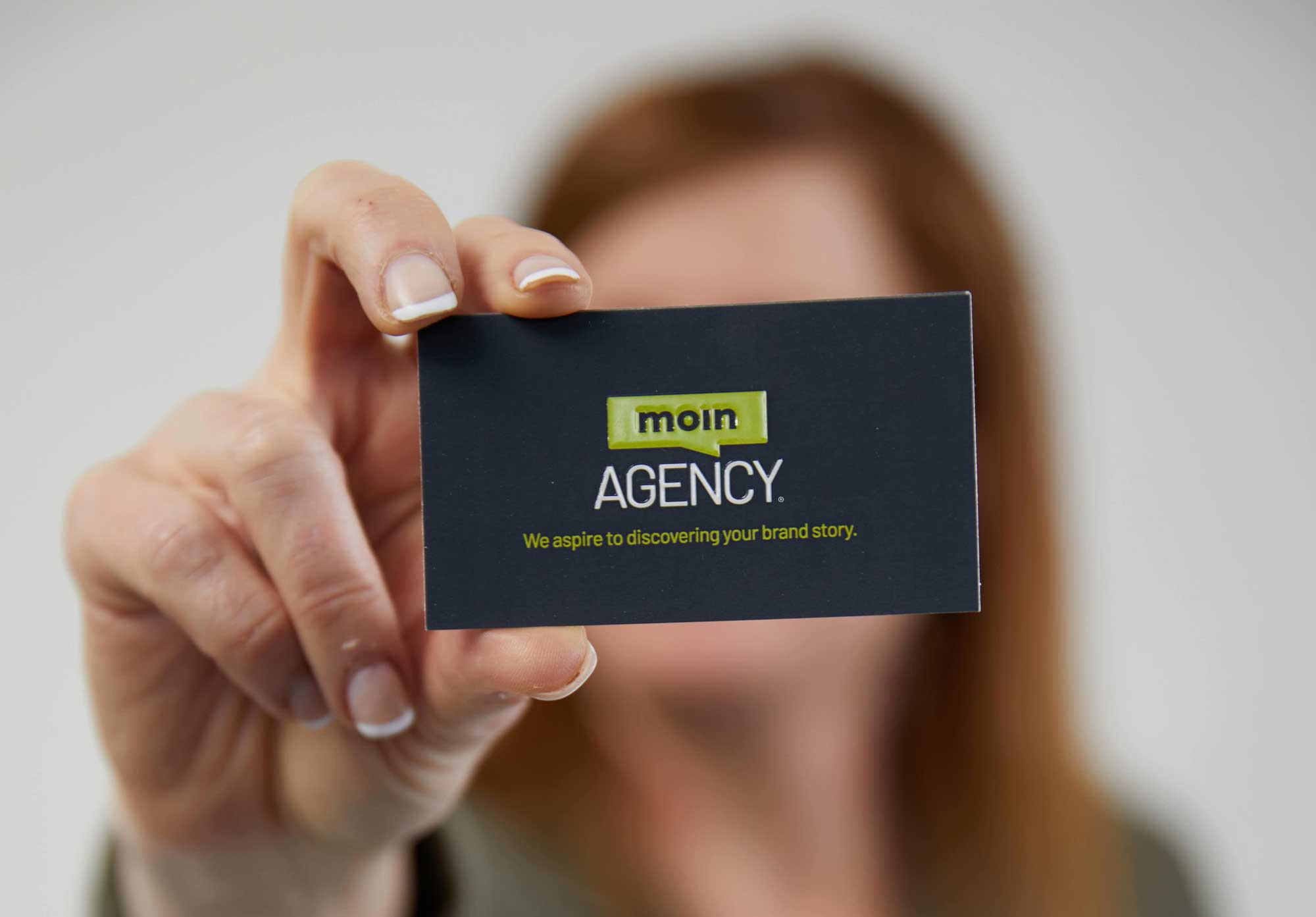Your business name is the foundation of your brand. It’s the word or phrase people use to search for you, recommend you, and remember you. In a crowded marketplace, protecting that name is essential—not just from a legal standpoint, but also for branding and digital marketing.
Trademarking your business name ensures that all the time, effort, and money you invest into building recognition and visibility are legally protected and uniquely yours.
What Is a Trademark for a Business Name?
A business name trademark protects the name you use to identify your company and distinguishes it from competitors. This goes beyond simply registering your business with your state—trademarking secures your name nationwide, giving you exclusive rights to use it in commerce.
Without it, another company could use a similar name, confusing customers and diluting your brand identity.
TM vs. ®: What’s the Difference?
You’ve likely seen both ™ and ® symbols next to business names. They are not interchangeable—here’s what they mean:
-
™ (Trademark)
-
Can be applied to your business name as soon as you begin using it in commerce.
-
Signals that you’re claiming ownership but does not offer federal legal protection.
-
-
® (Registered Trademark)
-
Can only be used after your business name is officially registered with the U.S. Patent and Trademark Office (USPTO).
-
Grants you exclusive nationwide rights and legal authority to stop others from using a similar name.
-
In short: ™ is a claim; ® is enforceable ownership.
Where to Place TM or ® in Your Business Name
If you use ™ or ® with your business name in marketing or branding, it’s typically placed:
-
At the top right of the name
-
Or the bottom right of the name
This placement is subtle but visible enough to reinforce that your name is legally protected.
Without ®

With ®

Why Trademarking Your Business Name Matters for Branding
From a branding perspective, your business name is your anchor. Trademarking it protects and strengthens that anchor in several ways:
-
Exclusivity. Customers know your name belongs to you and only you.
-
Credibility. A registered trademark communicates stability, professionalism, and legitimacy.
-
Brand equity. Every impression, ad, and referral tied to your business name builds long-term value. Trademarking safeguards that equity.
-
Growth confidence. As your business expands, you won’t face roadblocks from name conflicts.
Without a trademark, you risk losing years of brand recognition if you’re forced to rebrand.
Why Trademarking Your Business Name Matters for Digital Marketing
Trademarking your name also directly influences your digital presence:
-
Protects SEO investments. Every blog post, backlink, and search query tied to your name contributes to brand authority. Trademarking ensures you’re the only one benefiting.
-
Defends against competitors. Without a trademark, others can run ads targeting your name, diverting traffic. With a trademark, you can challenge that.
-
Enhances trust. A protected name signals to online users that your business is credible and established.
-
Prevents costly setbacks. If you lose rights to your name later, you lose years of search rankings and marketing momentum.
Securing Your Domain Name and Social Media Handles
Trademarking your business name should go hand-in-hand with securing your domain name and social handles:
-
Consistency builds trust. Matching your business name across your website and social platforms makes you instantly recognizable.
-
Prevents confusion. If someone else takes your handle or domain, they could mislead customers—or worse, damage your reputation.
-
Boosts discoverability. Exact-match names help you rank better in search and make it easier for customers to find you.
Even if you’re not active on every platform, reserving your name ensures your brand identity remains consistent.
How to Trademark a Business Name
The process of trademarking a business name through the USPTO involves several steps:
-
Search availability. Make sure your desired name isn’t already trademarked (start with the USPTO Trademark Search).
-
File your application. Provide details about your business name and industry category.
-
Review process. A USPTO attorney examines your application.
-
Publication. Your name is published for public review, giving others a chance to oppose.
-
Approval and registration. Once approved, your business name is officially registered, and you can use ®.
The process typically takes 6–12 months.
Common Mistakes When Trademarking a Business Name
-
Skipping a thorough search. You might build your brand on a name that’s already taken.
-
Using a generic name. Generic terms like “Best Consulting” are difficult—or impossible—to trademark.
-
Delaying. The longer you wait, the greater the risk someone else registers your name first.
-
Assuming state registration is enough. Registering with your state doesn’t grant nationwide protection.
Final Thought & Next Steps
Trademarking your business name is one of the smartest moves you can make to protect your brand identity. It ensures your name is uniquely yours, builds trust with your audience, and safeguards your digital marketing investments.
If you’re ready to strengthen your business identity, start by:
-
Searching availability with the USPTO Trademark Database
-
Securing your domain name and social handles
-
Consulting with a professional if you need support in the filing process
FAQs About Trademarking a Business Name
1. Do I need a lawyer to trademark my business name?
Not necessarily, but working with an attorney can help avoid errors in the application process.
2. How long does a trademark last?
Once approved, a trademark can last indefinitely, as long as you continue to use it and file required maintenance documents.
3. Can I trademark my business name before I launch?
Yes, you can file an “intent-to-use” application to secure your name before officially starting.
4. What happens if I don’t trademark my business name?
You risk another business registering it first, which could force you to rebrand and lose brand equity.
5. Does registering my business with my state protect my name?
No. State registration is not the same as a federal trademark—it only gives you rights in that state.

